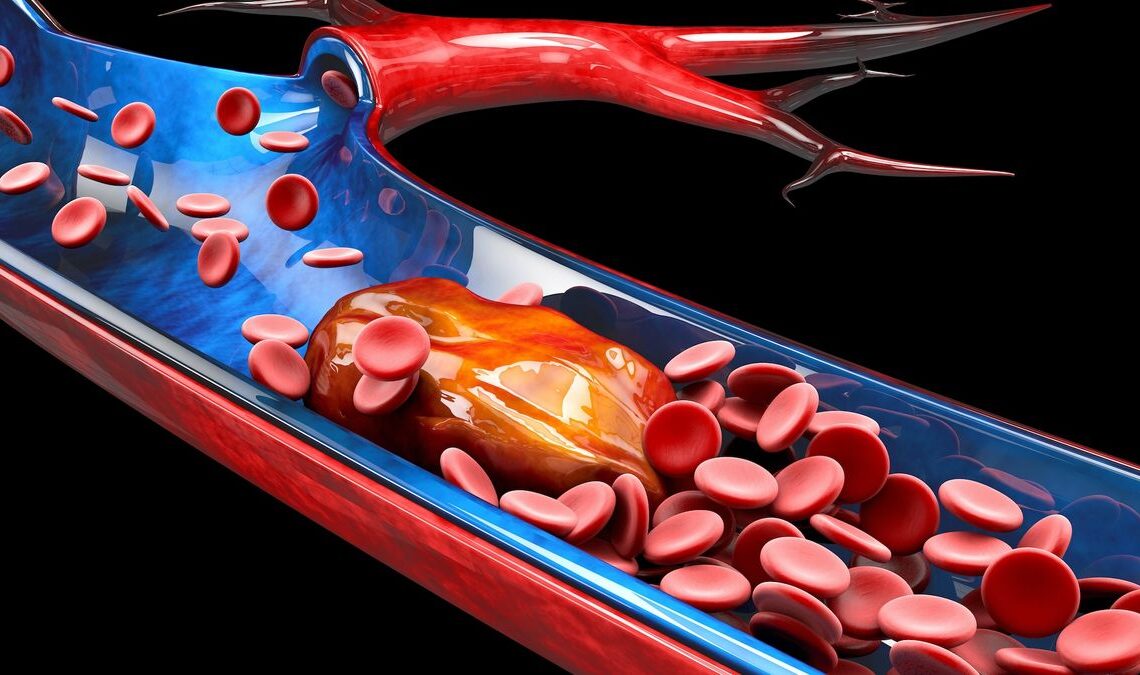Having anxiety or depression may increase the risk of potentially life-threatening blood clots, known as deep vein thrombosis (DVT).
With DVT, a blood clot forms in a deep vein, usually in the legs. DVT can cause damage by limiting blood flow to the site of the clot and increasing pressure in veins. A larger danger arises if some or all of that clot breaks loose and then travels to the lungs, where it can block blood flow, causing shortness of breath, chest pain and even death.
Within the last decade, scientists have uncovered links between people’s mental health and their risk of these blood clots. However, conflicting study results and complicating factors — such as some study subjects’ medication use and histories of high blood pressure — have made it difficult to determine exactly how the two are connected.
Now, a study published July 4 in the American Journal of Hematology has examined not only how much anxiety or depression can raise a person’s risk of DVT but also why.
Related: Rare clotting effect of early COVID shots finally explained
“My research comes from my patients,” Dr. Rachel Rosovsky, lead study author and director of thrombosis research in the Division of Hematology at Massachusetts General Hospital, told Live Science. “When I realized the association between long-term anxiety and depression and blood clots, I started to think about whether those conditions could affect a patient’s risk of developing a clot.”
To investigate the link, the researchers looked retrospectively at data from almost 119,000 people. The data included measurements of stress-related brain activity obtained using positron emission tomography (PET). PET scans reveal the activity levels and energy use of different parts of the brain.
The researchers compared the activity of the amygdala — a brain region that processes and responds to potential threats — to that of the ventromedial prefrontal cortex, which helps regulate the amygdala and thus control emotional responses. In that way, the researchers got a snapshot of stress-related neural activity, or SNA.
The data also included measures of high-sensitivity C-reactive protein, a marker of inflammation, and heart rate variability, a measure of adaptability. The higher your heart rate variability, the better your body can cope with stressful situations.
Of the overall group, about 106,450 had a diagnosis of anxiety, while 108,790…
Click Here to Read the Full Original Article at Livescience…

